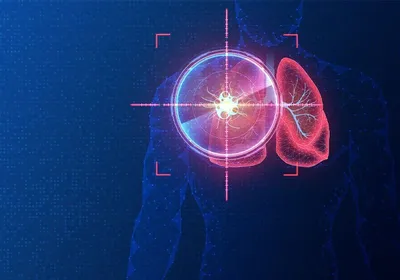Atul Butte, a biomedical informatician and pediatrician, passed away at age 55 following a long battle with cancer, according to colleagues on social media. Known for his contributions to bridging data science and clinical practice, his work focused on diving into a sea of data in search of ways to improve health and precision medicine.
Butte was born in Philadelphia, Pennsylvania in 1970. He earned his undergraduate and medical degrees from Brown University. Later, he matriculated at Massachusetts Institute of Technology where he received a master’s degree in medical informatics and a PhD in medical engineering and medical physics.
In 2005, Butte moved to California and served as faculty at Stanford University for more than a decade. There, he pioneered methods to mine publicly available genomic and biomedical data to uncover novel therapies and reclassify diseases.1 In 2015, Butte began a new role as the director of the Institute for Computational Health Sciences at the University of California, San Francisco. He also served as the chief data scientist for the entire University of California Health System until his passing.
In addition to his pursuits in academia, Butte was an entrepreneur. He co-founded three biotechnology companies related to genome sequencing, the development of diagnostics for pregnancy complications, and bioprospecting new uses for existing drugs within open-access data.
Butte received many accolades throughout his career. The Obama Administration recognized him as a White House Champion of Change in Open Science in 2013 for promoting science through publicly available data. In addition, he was elected to the National Academy of Medicine (2015), the International Society for Computational Biology (2021), and the American Association for the Advancement of Science (2022).
Outside of his scientific work, Butte left a lasting impression within his community. One colleague, data scientist Avisek Deyati, remarked in an online comment, “His work transformed how we harness big data to advance precision medicine, and his mentorship inspired an entire generation of scientists. His legacy will continue to shape our field for years to come.” Others described Butte as an individual full of energy, smiles, compassion, and ideas. Butte is survived by his wife and daughter.
- Dudley JT, et al. Exploiting drug-disease relationships for computational drug repositioning. Brief Bioinform. 2011;12(4):303-311.
















